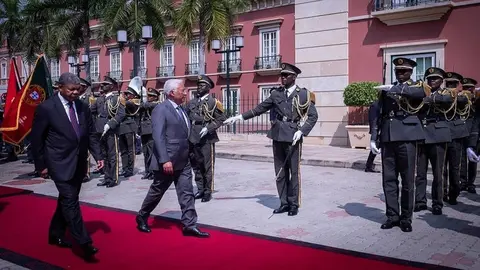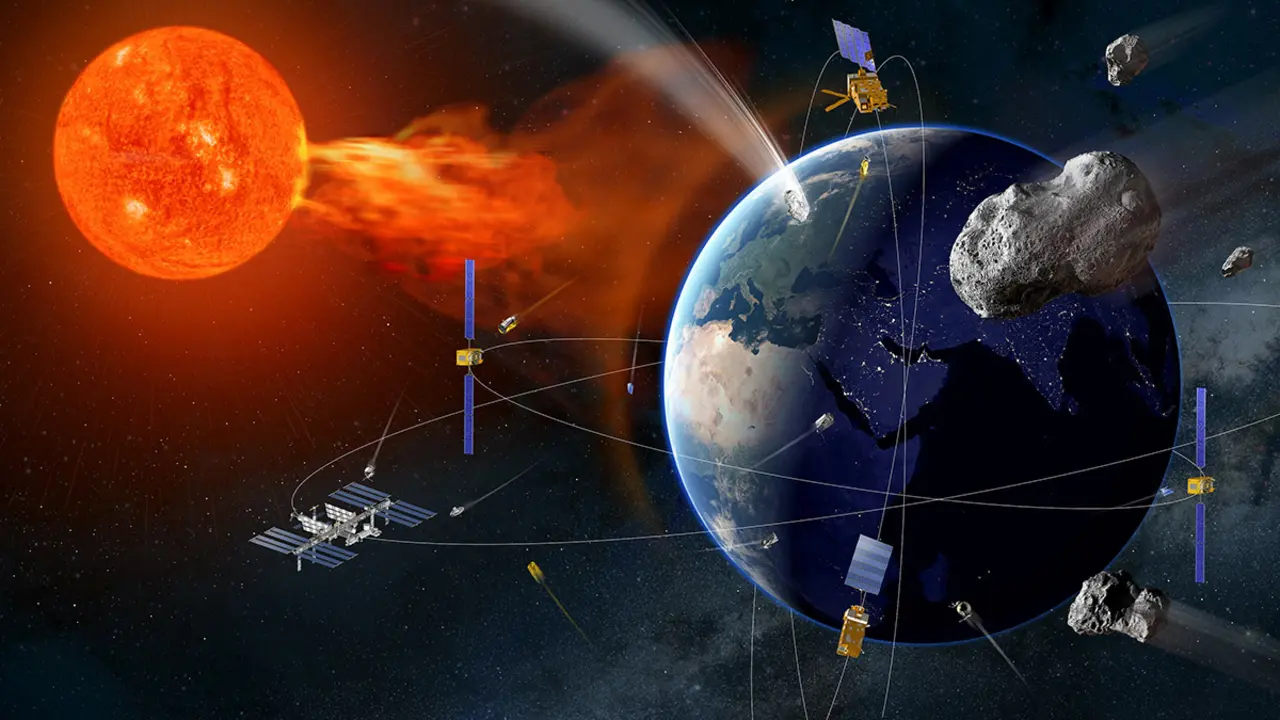Portugal promotes a space base in the Azores while the Spanish Space Agency is still without a director
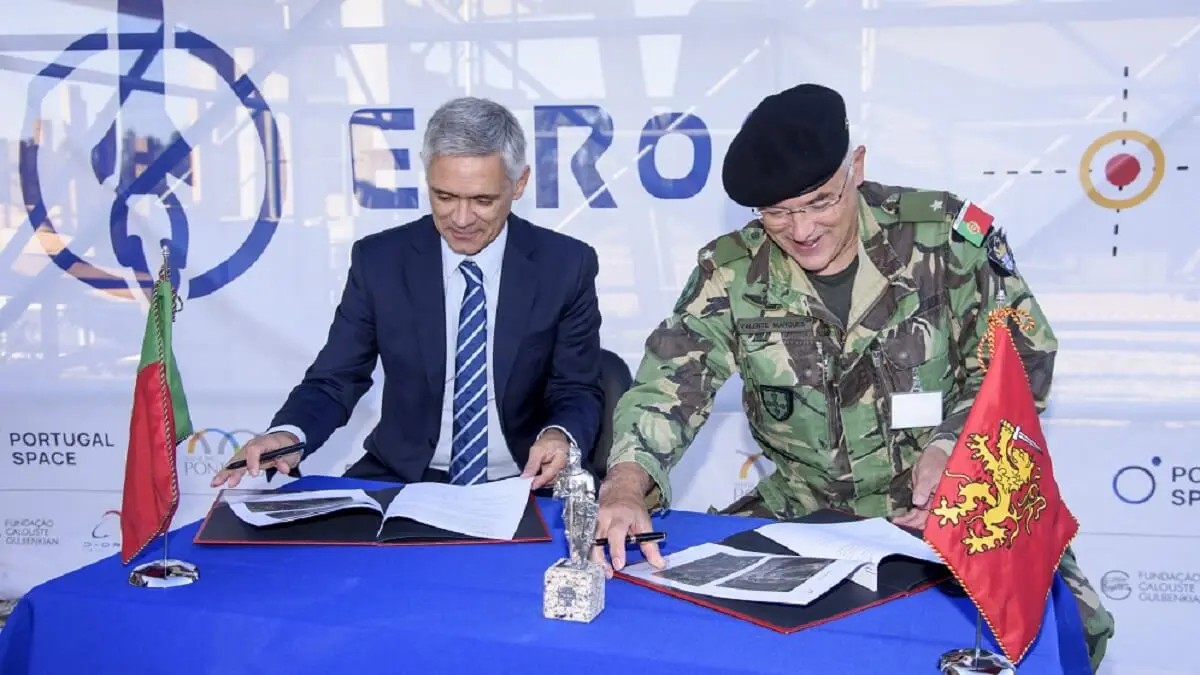
The Spanish Space Agency will soon be 12 months since its creation and three months without the executive director who must bring the enormous potential envisaged in its statutes up to cruising speed.
- The burden falls on ANACOM and Portugal Space
- Azores, landing site of the European Space Rider mini-shuttle
Meanwhile, Portugal celebrates today, 18 March, the fifth anniversary of the signing of the document creating its national space organisation. To mark the occasion, Lisbon is giving the green light to a legal instrument that aims to position Portugal among the states offering new services for access to space, a sector of great strategic interest to the European Union.
Before the Portuguese general elections on 10 March, in one of the last decisions of the incumbent government of the resigned Prime Minister Antonio Costa, the Council of Ministers over which he presides made an agreement of great importance: to stimulate opportunities for national and third-country institutions and companies to set up space launch centres anywhere in Portugal.
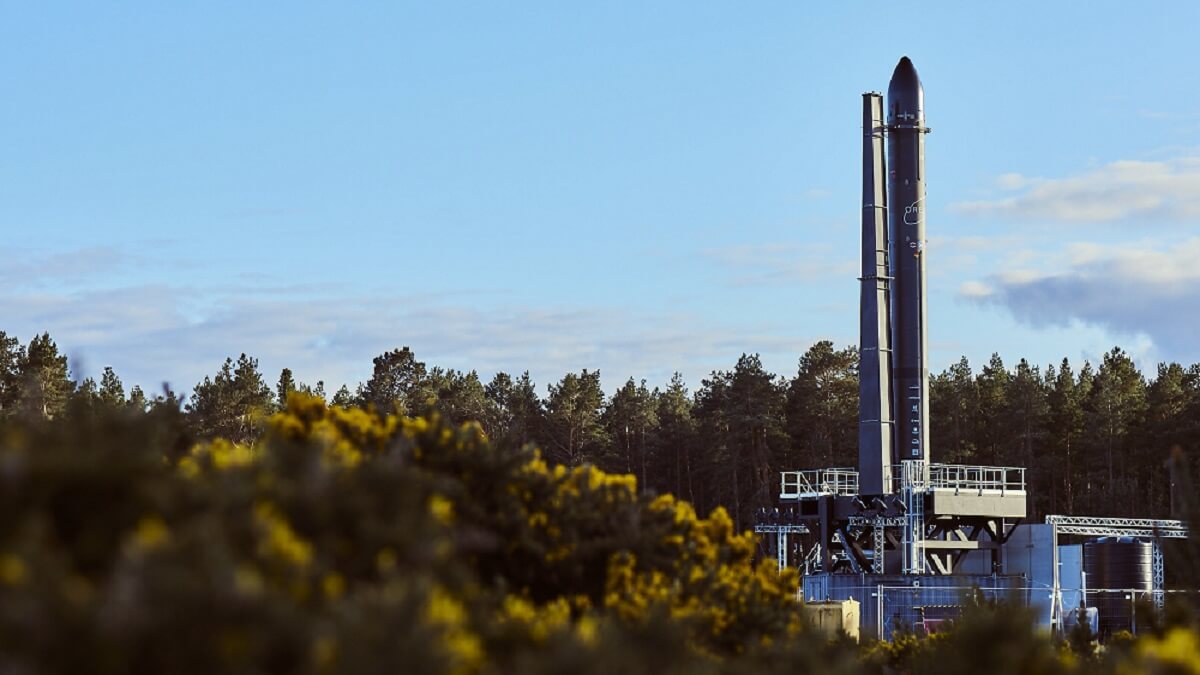
Convinced by his Minister of Science and Technology, Elvira Fortunato, and the head of the Defence portfolio, Helena Carreiras, Costa's acting Executive has introduced a set of amendments to its Space Law of January 2019, which now establishes and regulates the licensing rules for setting up, operating and exploiting space launch centres in Portuguese territory.
A Decree-Law published in the Diario de la República - equivalent to the Spanish BOE - on 2 February clarifies the procedures and clears the administrative path for promoting space activities, setting up micro-launcher launch sites and putting small satellites into orbit. This will be possible from anywhere in Portugal, with priority being given to the island of Santa Maria in the Azores archipelago, in the middle of the Atlantic Ocean.
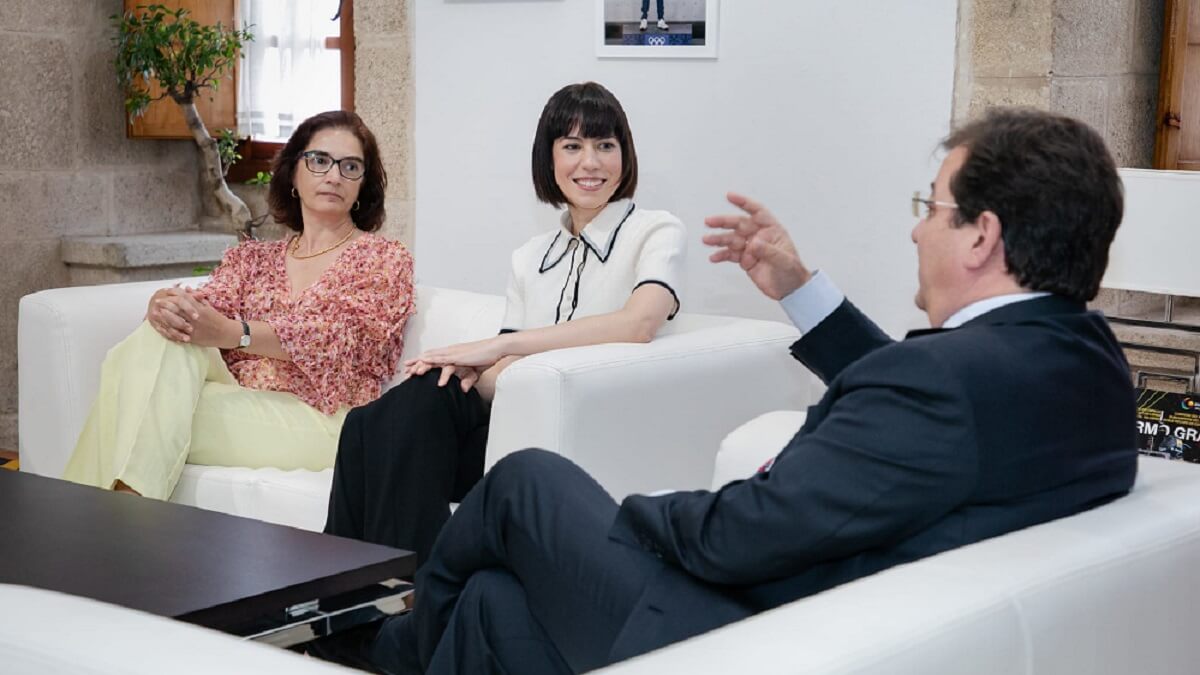
The burden falls on ANACOM and Portugal Space
The organisation that assumes the central role in licensing is the National Communications Authority (ANACOM). It does so after a regulatory process involving the Portuguese Space Agency - which calls itself Portugal Space - and involving the prior approval of the Lisbon government, which guarantees sustainability, security and the safeguarding of national strategic interests.
According to the executive president of Portugal Space since October 2021, Ricardo Conde, the updating and improvement of the law approved five years ago "creates attractive conditions" to establish new operators of space access services in the country and "make Portugal a space nation".
Ricardo Conde stresses that the aim of the new regulatory system is to create the conditions for "purely commercial" space activities to be carried out from Portuguese territory, which can compete in the international market. The revision of the Law sets out the conditions for the necessary procedures to implement space access and return to Earth capabilities.
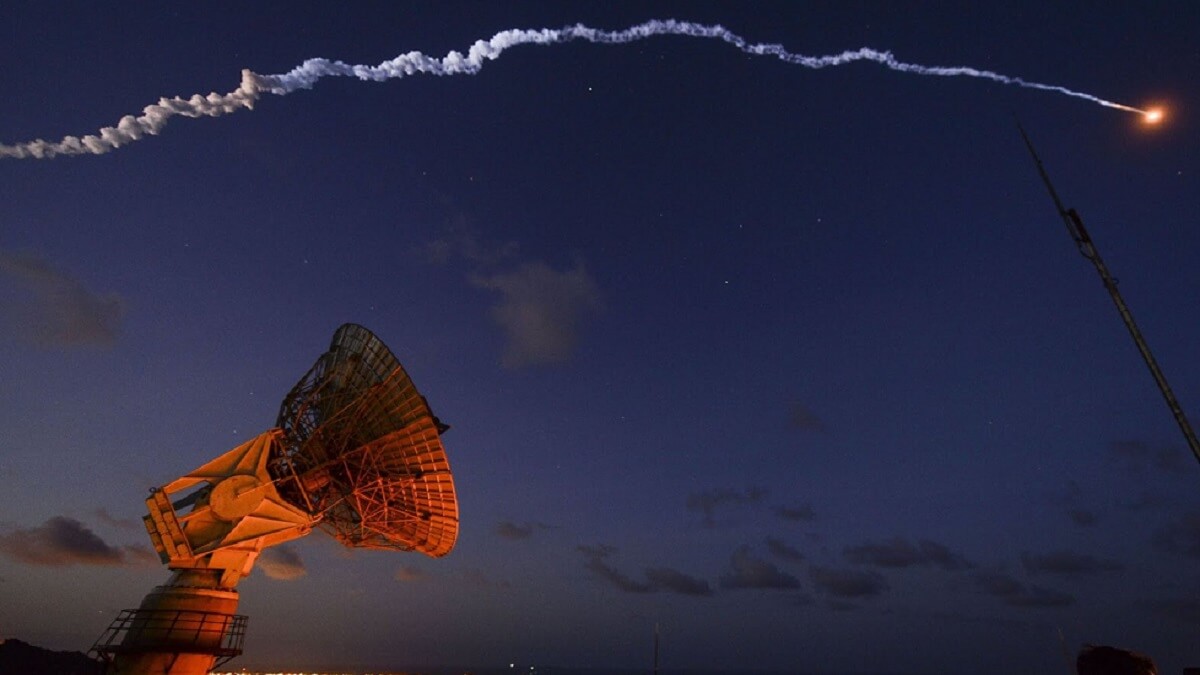
The Decree-Law establishes that the Portuguese Space Agency must work in close cooperation with state and regional entities in the licensing process in any geographical location, "including maritime areas adjacent to the Azores or Madeira archipelagos". In the case of both overseas areas, it requires a prior hearing and a binding opinion of the respective regional self-government.
ESA is also considering Portugal Space's proposal to use the island as a landing or splashdown site for the European unmanned mini shuttle Space Rider, whose maiden flight is scheduled for the third quarter of 2025. The agency will decide by mid-2024 on the landing site for the first flights of Space Rider, which is now undergoing testing and validation by its two prime contractors, the Italian-French company Thales Alenia Space and the Italian company Avio.
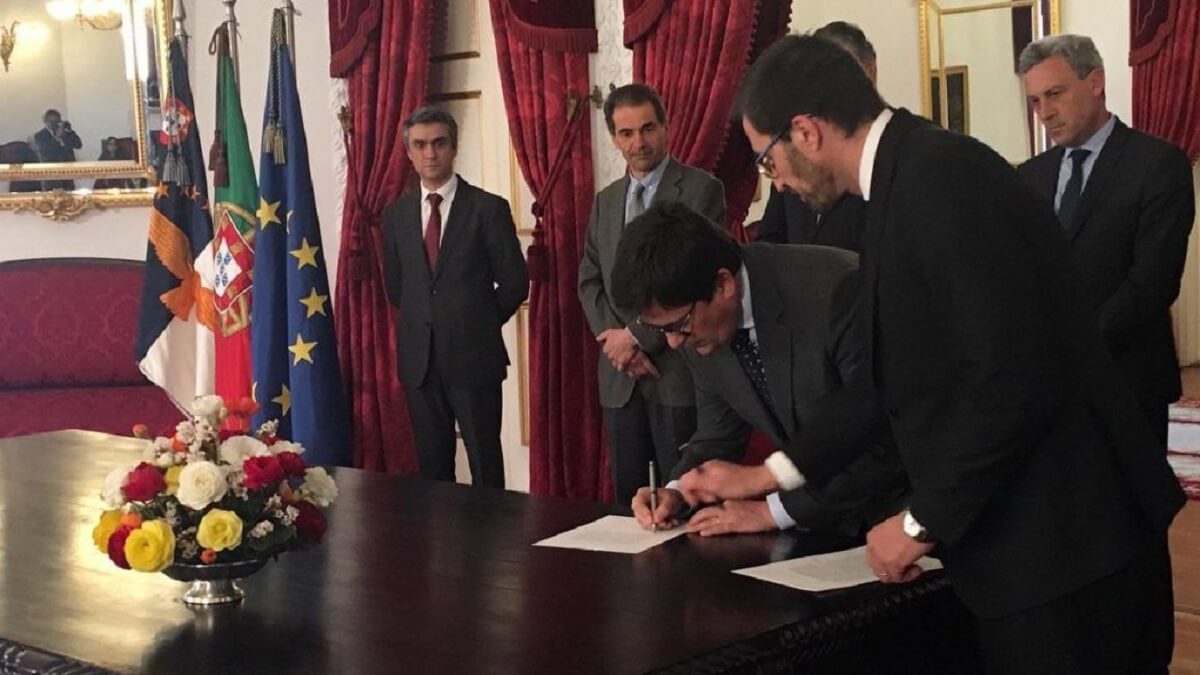
Azores, landing site of the European Space Rider mini-shuttle
An ESA delegation led by the Director of Flight Programmes, the Italian Stefano Bianchi, visited the island in February to see the possibilities offered by Santa Maria for the descent of Europe's first reusable space vehicle. ESA has space mission tracking antennas on the island.
Santa Maria requires infrastructure improvements to allow Space Rider's descent, but the president of Portugal Space, Ricardo Conde, has assured that he will take "all necessary measures" to ensure that the island is ready to receive Space Rider's first flight.
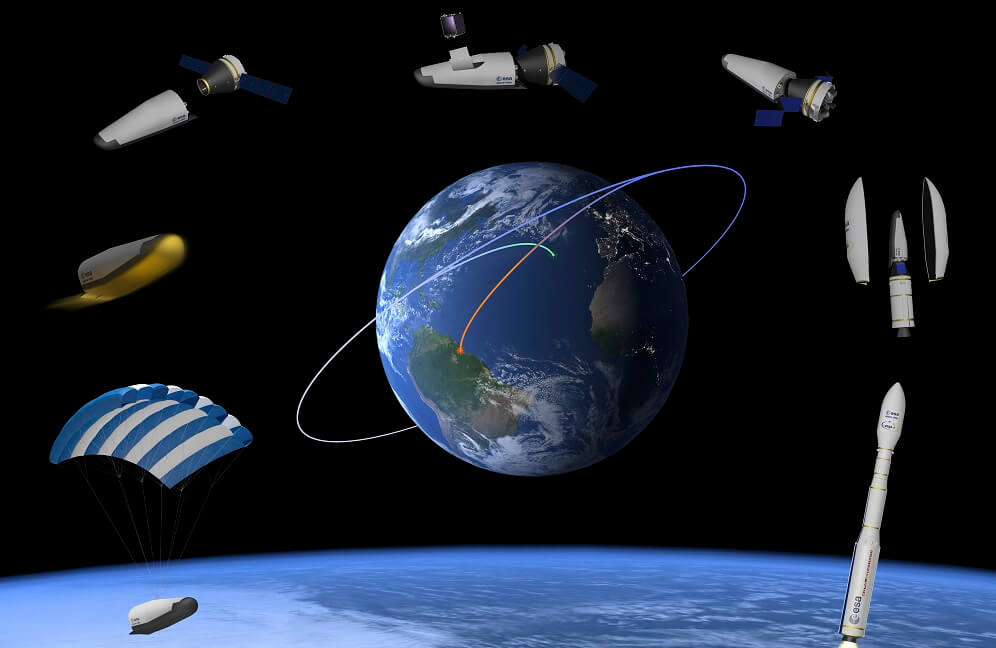
Eight metres long, weighing five tonnes at take-off and carrying 600 kilos of experimental payload, the Space Rider's raison d'être is to provide a commercial transport system to and from space. Once launched from French Guiana by an Italian Vega launcher, it is expected to remain in orbit for about two months, allowing customers to conduct experiments and technology tests.
As an effective member state of the European Space Agency (ESA) since November 2000, Portugal is counting on its technical assistance to set up the infrastructure for a space base on the island of Santa Maria in the Azores. With the Space Act 2019, Portugal Space launched an international call to which 14 consortia from the European Union, the United States and Russia responded. But administrative reasons forced the project to be put on hold.
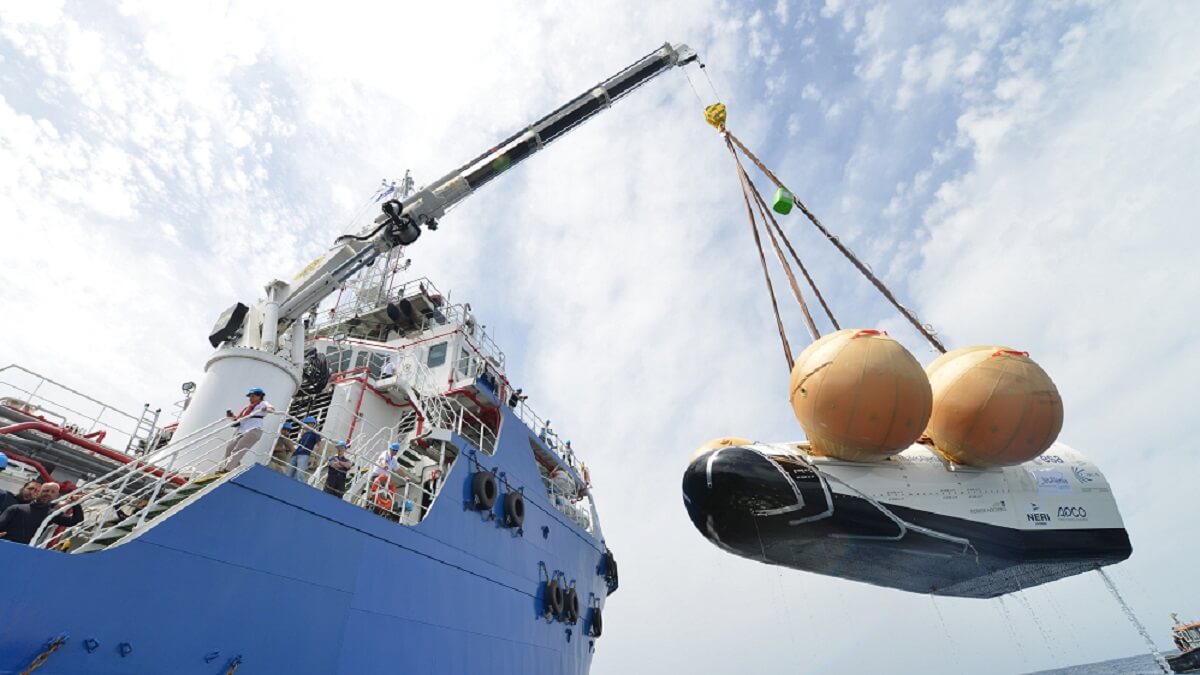
Fortunately, Portugal's new Space Decree-Law is the legal framework that already envisages regulating the activities, operations and exploitation of space launch centres in our neighbouring nation. It is ahead of Spain, which does not have a Space Law, still has its Space Agency in its infancy and has been without a director general since the end of December, a task that has since been carried out on an interim basis by Air Force General Juan Carlos Sánchez Delgado while awaiting the appointment of the new executive head no later than one month from now.


